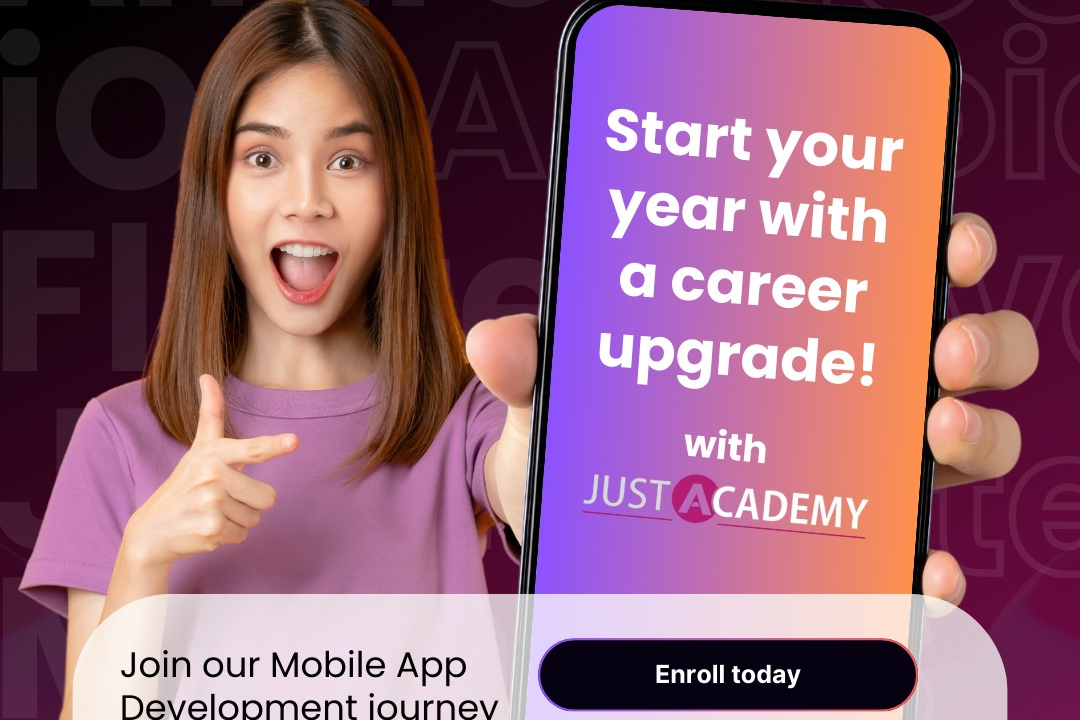Java For Android
Android Programming with Java
Java For Android
Java for Android refers to the use of the Java programming language for developing applications on the Android platform. As one of the primary languages supported for Android app development, Java provides a robust, object-oriented framework that allows developers to create dynamic and feature-rich applications. Android's API, which is a set of libraries and tools, is designed to work seamlessly with Java, enabling developers to access various device features such as sensors, camera, and GPS. The Java Development Kit (JDK) is commonly used alongside Android Studio, the official integrated development environment (IDE) for Android, where developers can also utilize additional tools for debugging, testing, and deploying their applications. While Kotlin has gained popularity as a modern alternative to Java for Android development, Java remains a foundational language in the Android ecosystem, with a large community, extensive resources, and a wealth of libraries.
To Download Our Brochure: https://www.justacademy.co/download-brochure-for-free
Message us for more information: +91 9987184296
1 - Introduction to Java: Understanding the basics of Java programming language, including data types, variables, operators, and control structures.
2) Object Oriented Programming (OOP): Dive into OOP principles such as classes, objects, inheritance, polymorphism, encapsulation, and abstraction, which are foundational to Java and Android development.
3) Setting Up the Development Environment: Instructions on installing Java Development Kit (JDK), Android Studio IDE, and configuring the necessary tools for Android app development.
4) Understanding Android Architecture: Overview of Android's architecture, including the Linux kernel, hardware abstraction layer, Android runtime, and application framework.
5) Android Application Components: Introduction to key components like Activities, Services, Broadcast Receivers, and Content Providers, and how they interact within an app.
6) User Interface Design: Exploring UI design principles, layouts (LinearLayout, RelativeLayout, etc.), and XML file usage for creating responsive and visually appealing applications.
7) Managing App Resources: Discussing how to manage various resources in an Android app (e.g., strings, colors, dimensions, drawables) and localization.
8) Intents and Intent Filters: Understanding how to use intents to communicate between components and how to handle user actions in different tasks.
9) Data Persistence: Introduction to different ways to store data, including SharedPreferences, SQLite databases, and using external storage APIs.
10) Networking in Android: Exploring how to perform network operations in Android applications, including RESTful API calls and utilizing libraries like Retrofit for easier networking.
11) Handling Background Tasks: Learning about threading in Android, AsyncTasks, and using Services or WorkManager for handling background operations.
12) Debugging and Testing: Importance of debugging, using Android Logcat, and implementing unit tests to ensure code quality and reliability.
13) Publishing Applications: Steps to prepare an Android application for release, understanding the app signing process, and how to publish apps on the Google Play Store.
14) Exploring Android Libraries: Introduction to popular libraries such as Glide, Picasso, and Gson, explaining their benefits and how to integrate them into a project.
15) Best Practices in Android Development: Discussing coding principles and design patterns (like MVC, MVP, MVVM) that contribute to clean, maintainable, and scalable apps.
16) Keeping Up with Android Updates: Understanding the significance of keeping up with the latest Android versions, features, and APIs, ensuring students remain up to date in a fast evolving ecosystem.
17) Building a Sample Project: Throughout the training, students will engage in hands on projects to apply their knowledge, culminating in a complete Android application by the program’s end.
This outline can serve as a structure for designing a training program, ensuring comprehensive coverage of Java for Android development fundamentals and practical applications.
Browse our course links : https://www.justacademy.co/all-courses
To Join our FREE DEMO Session: Click Here
Contact Us for more info:
Advanced Java Programming
python classes in pune
best online course for tableau
mern stack course with placement
iOS Training in Thrissur











